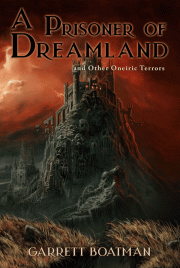Publishing Industry Terms and Contracts: Some Resources, and Some Advice
I often see small presses using a contract template they’ve picked up from somewhere, which may employ outdated terminology (such as referring to plates or unbound sheets) or contain unnecessary language (such as including a revised editions clause in a fiction contract) or make inappropriate claims on subsidiary rights (a larger publisher may be able to do something with translation rights, for instance, but there’s no reason in the world for a cash-strapped, contactless small press to claim them).


